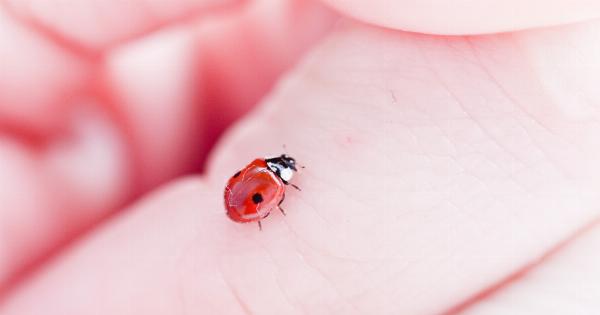As a cat owner, you may be wondering whether it is safe to keep your feline friend during pregnancy. While cats are generally considered harmless, there are certain risks associated with keeping a cat when you are pregnant.
It is important to understand these risks and take appropriate measures to ensure the safety of both you and your baby.
Why Are Cats a Risk During Pregnancy?
Cats are known carriers of a parasite called Toxoplasma gondii. This parasite is found in the feces of infected cats and can also be present in raw meat.
While most healthy individuals do not experience any symptoms from this parasite, it can be harmful to pregnant women and their unborn babies.
When a pregnant woman becomes infected with Toxoplasma gondii, it can cause an infection called toxoplasmosis. This infection can have serious consequences for the health of both the mother and the baby.
In some cases, it can even lead to miscarriage or stillbirth.
How Can You Reduce Your Risk?
Fortunately, there are ways to reduce your risk of toxoplasmosis while still keeping your cat. Here are a few important steps to take:.
1. Maintain good hygiene:
It is important to maintain good hygiene practices when handling cat litter or potentially contaminated surfaces.
Always wash your hands thoroughly with soap and warm water after handling your cat, their litter box, or any other potentially contaminated surfaces.
2. Avoid exposure to cat feces:
Avoid cleaning your cat’s litter box, if possible. If you must clean it, wear gloves and wash your hands immediately afterward. Do not handle stray cats or any animal droppings while pregnant.
3. Cook all meat thoroughly:
Make sure all meat you consume, especially pork and lamb, is cooked to an appropriate temperature to kill any potential toxoplasmosis. This will reduce your risk of infection significantly.
4. Ask someone else to clean your cat’s litter:
Ask your partner or someone else who is not pregnant to clean the litter box. If this is not possible, wear gloves and a mask while cleaning the litter box and wash your hands thoroughly afterward.
Do this on a daily basis to keep the litter box clean to make the chances of bacteria spread less.
5. Keep your cat indoors:
Keeping your cat indoors will reduce their exposure to the parasite, reducing the likelihood of infection.
Additionally, keeping your cat indoors will protect them from other potential outdoor hazards, such as fights with other animals or exposure to toxins such as antifreeze. Indoor cats also tend to be less stressed, which is beneficial for their health.
Conclusion
Cats can pose a risk to pregnant women and their unborn babies. However, with good hygiene practices, careful meat preparation, and by keeping your cat indoors, you can reduce your risk of infection significantly.
If you have any concerns or think you may have been exposed to Toxoplasma gondii, contact your healthcare provider immediately.































